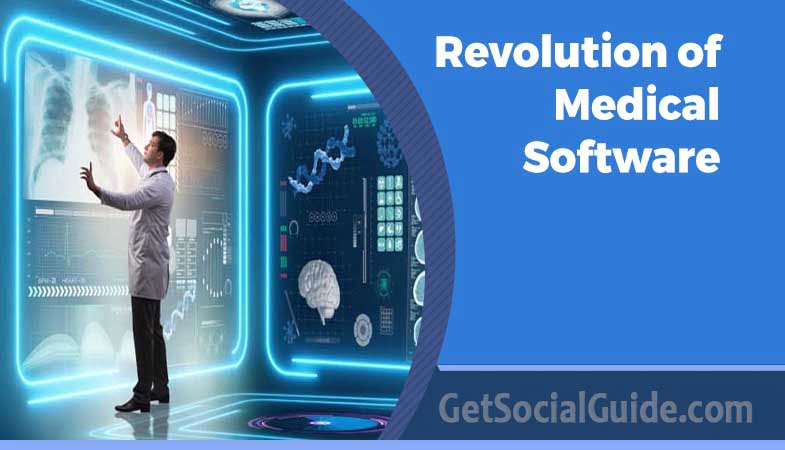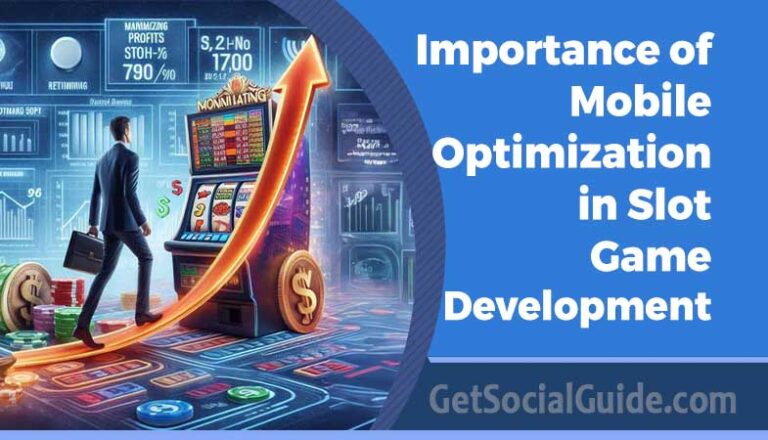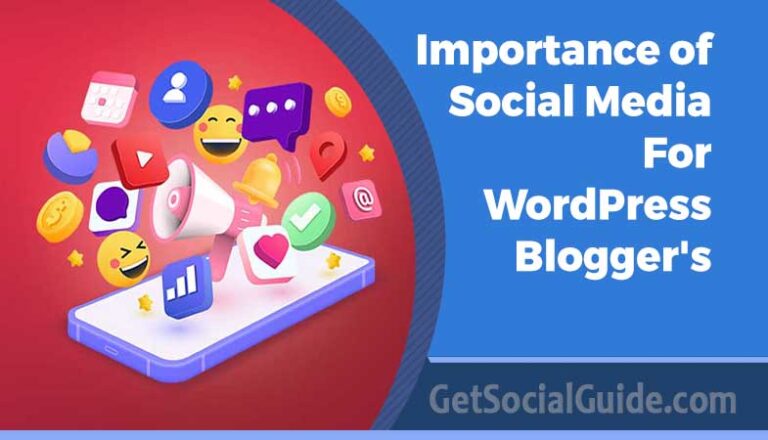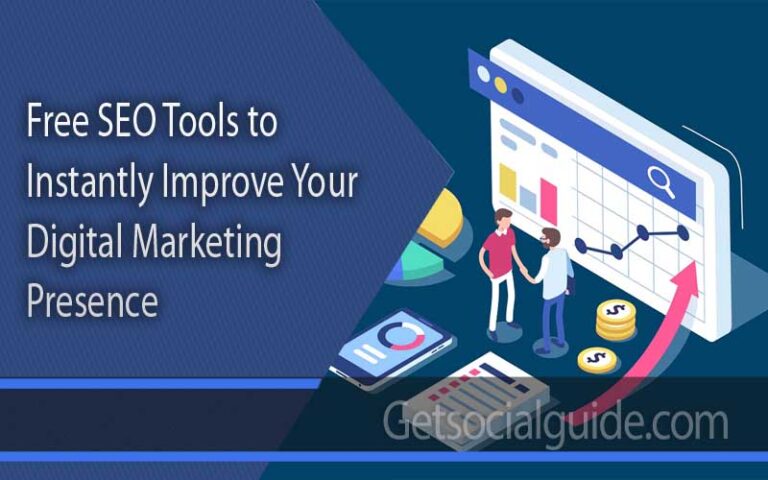The Revolution of Medical Software in Modern Medicine
In the dynamic landscape of modern medicine, technological advancements have catalyzed a revolutionary transformation, and at the forefront of this evolution is the advent of cutting-edge medical software. These innovative solutions are not merely tools; they are catalysts for change, shaping the way healthcare is delivered, managed, and experienced. This article explores the profound impact of medical software on modern medicine, from diagnosis to treatment and beyond.
Diagnostic Precision:
In the realm of diagnostics, accuracy is paramount. Medical software has introduced a new era of precision, leveraging artificial intelligence (AI) and machine learning algorithms to analyze vast datasets and identify patterns that might escape the human eye. From medical imaging interpretation to genetic analysis, these software applications enhance diagnostic capabilities, leading to earlier detection of diseases and more personalized treatment plans.
Electronic Health Records (EHRs):
Gone are the days of paper-based medical records. EHRs have emerged as a cornerstone of modern healthcare, streamlining the storage and retrieval of patient information. Medical software has revolutionized the way healthcare professionals access and manage patient data, fostering seamless communication and collaboration among different facets of the healthcare ecosystem. This digital transformation enhances efficiency, reduces errors, and ultimately improves patient outcomes.
Telehealth and Remote Patient Monitoring:
The rise of medical software has ushered in a new era of remote healthcare delivery. Telehealth platforms and remote patient monitoring systems enable healthcare providers to connect with patients beyond the confines of traditional clinical settings. Whether monitoring chronic conditions or conducting virtual consultations, these software solutions enhance accessibility to healthcare services, particularly for those in remote or underserved areas.
Treatment Planning and Decision Support:
Medical software doesn’t just stop at diagnosis; it extends its influence into treatment planning and decision support. Advanced algorithms help healthcare professionals evaluate various treatment options, predict patient responses, and tailor interventions based on individual characteristics. This data-driven approach not only improves the efficacy of treatments but also minimizes adverse effects, fostering a more patient-centric approach to care.
In the context of behavioral health, the inclusion of addiction treatment software empowers healthcare providers to formulate personalized treatment plans for individuals grappling with substance use disorders. These specialized software solutions streamline the treatment decision-making process, ensuring that interventions align with the unique needs and challenges of individuals on the path to recovery.
Pharmacy Management and Medication Adherence:
The medication management landscape has evolved with the integration of medical software. From electronic prescribing to medication adherence apps, these tools empower both healthcare providers and patients to manage prescriptions more efficiently. Automated reminders, dosage tracking, and real-time communication between healthcare professionals and patients contribute to improved medication adherence, a critical factor in successful treatment outcomes.
Clinical Research and Drug Development:
In the realm of clinical research, medical software plays a pivotal role in accelerating drug discovery and development processes. Computational models and simulations aid researchers in predicting potential drug interactions, assessing safety profiles, and identifying novel therapeutic targets. This not only expedites the pace of bringing new treatments to market but also reduces costs associated with traditional trial-and-error approaches.
Data Security and Privacy Compliance:
As the healthcare industry embraces digital solutions, the importance of robust data security and privacy compliance cannot be overstated. Medical software incorporates sophisticated encryption methods, secure cloud storage, and compliance measures to safeguard patient information. This commitment to data security ensures that the benefits of digital transformation do not compromise patient confidentiality or violate regulatory standards.
Challenges and Ethical Considerations:
While the revolution of medical software brings about unprecedented opportunities, it is not without its challenges. Ethical considerations, such as the responsible use of patient data and the potential biases embedded in algorithms, demand careful attention. Striking a balance between innovation and ethical practice is essential to ensure that medical software serves as a force for good in the ever-evolving landscape of modern medicine.
Future Horizons:
Looking ahead, the trajectory of medical software in modern medicine seems boundless. Continued advancements in AI, machine learning, and data analytics will further refine diagnostic accuracy, treatment efficacy, and overall patient care. The integration of interoperable systems, fostering seamless communication between different healthcare platforms, holds the promise of a more interconnected and patient-centric healthcare ecosystem.
Conclusion: A Digital Renaissance in Healthcare:
The revolution of medical software in modern medicine marks a digital renaissance, where technology is not just a tool but a transformative force shaping the future of healthcare. From diagnostics to treatment, from patient records to drug development, medical software is a catalyst for efficiency, precision, and accessibility. As we navigate this era of innovation, it is imperative to embrace the potential of medical software while navigating the ethical considerations that come with harnessing the power of technology to heal and enhance the human experience. The revolution is underway, and the future of medicine has never looked more promising.



